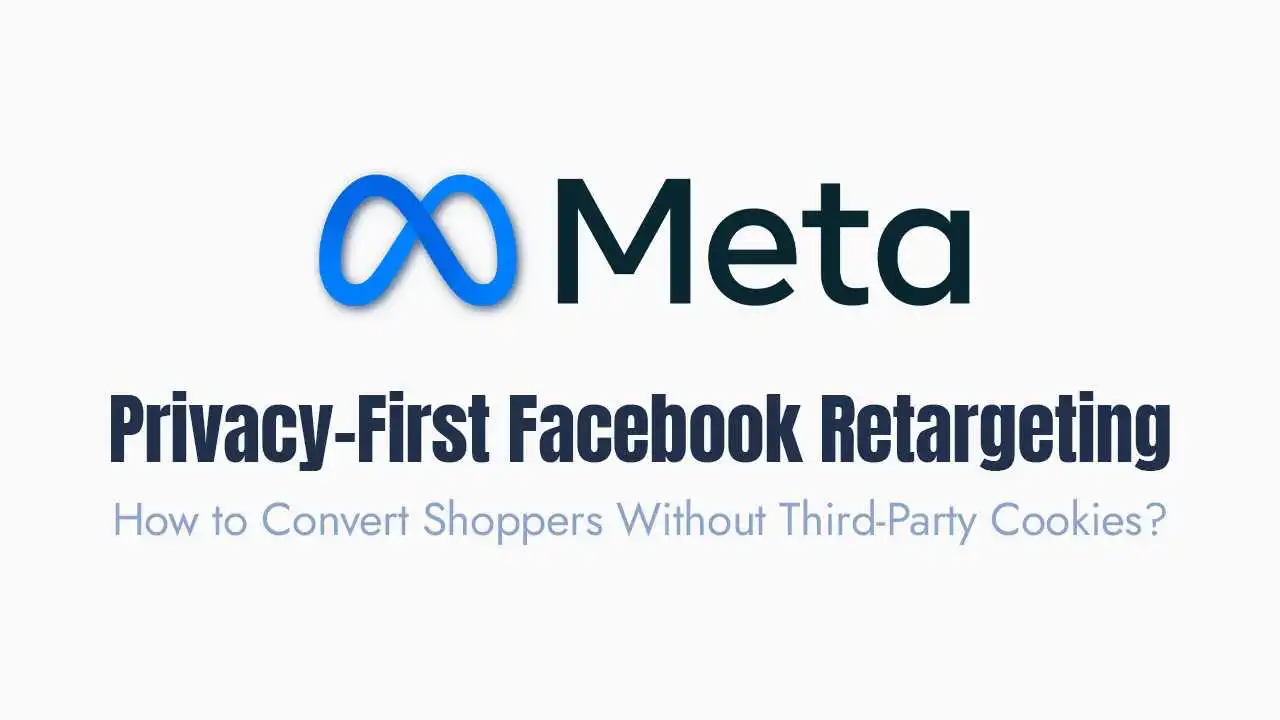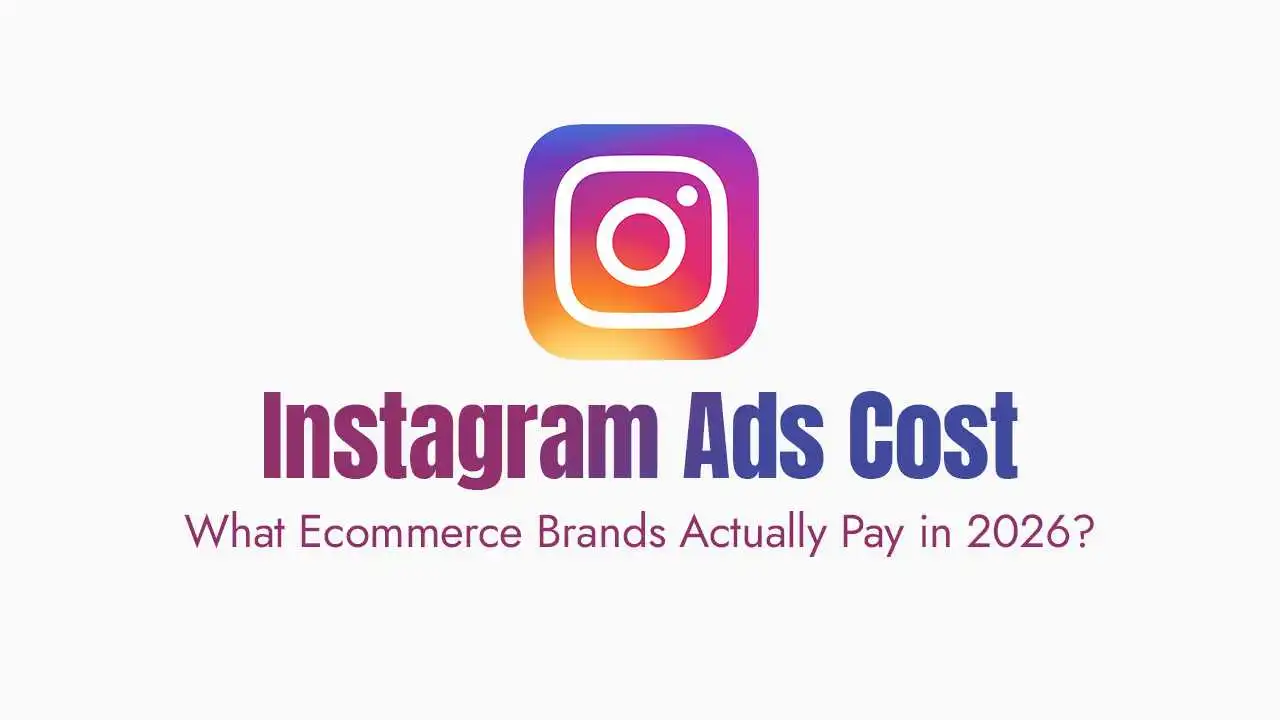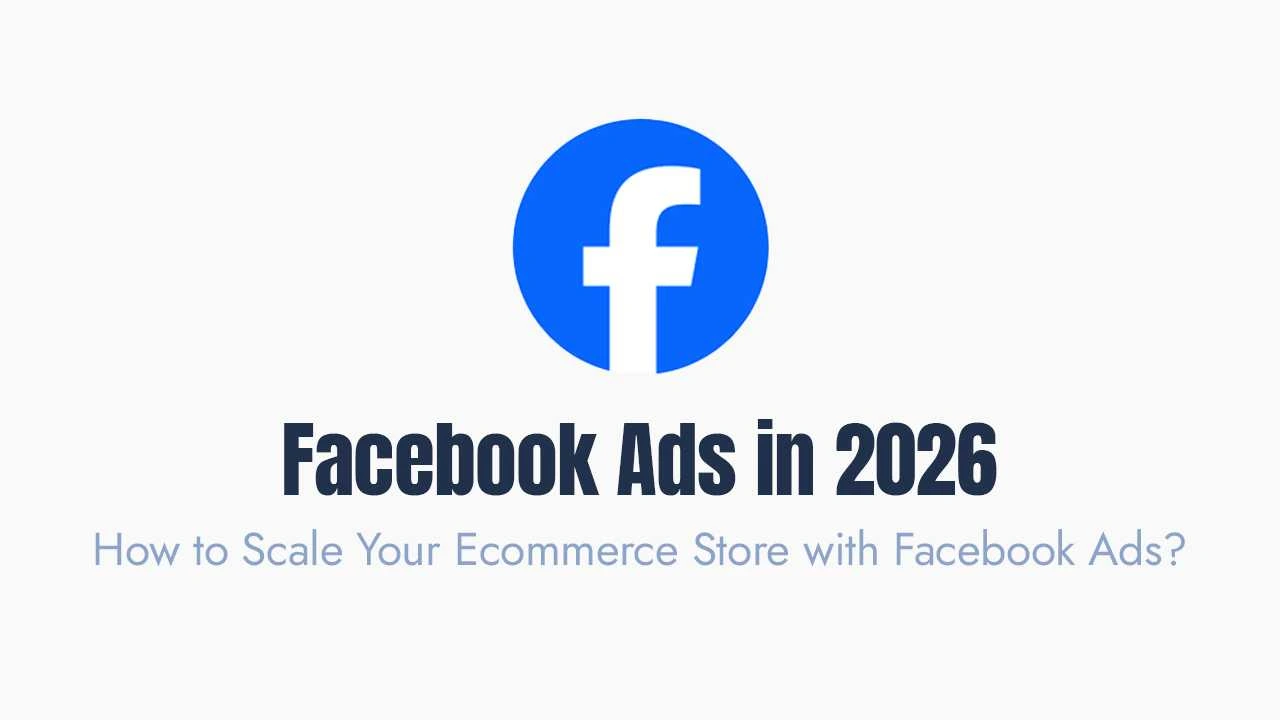Why Facebook Groups are a Game-Changer for E-commerce:
- Deeper Customer Relationships: Groups facilitate more personal and direct interactions, allowing you to connect with customers on a human level.
- Enhanced Brand Loyalty: Members feel more invested in a brand they’re part of, leading to increased loyalty and repeat purchases.
- Superior Organic Reach: Facebook’s algorithm often favors Group content over Page content, meaning your posts are more likely to appear in members’ news feeds.
- Valuable Customer Insights: Direct discussions, polls, and Q&A sessions provide unparalleled insights into customer needs, preferences, and pain points.
- Word-of-Mouth Marketing: A vibrant community encourages members to share their experiences and recommend your brand to others.
- Exclusivity & Belonging: Offering a private space makes members feel special, fostering a sense of community.
Key Principles for a Successful E-commerce Group
To truly thrive, your Facebook Group must prioritize community over constant promotion:
The 80/20 Rule: Dedicate 80% of your content and interactions to providing value, fostering discussion, and building relationships. Limit direct promotional content to about 20%. People join groups for community, not sales pitches.
Clear Rules & Strong Moderation: Establish explicit group rules to maintain a positive, welcoming, and spam-free environment. Actively moderate discussions to enforce these rules.
Consistent Engagement: An active group needs active management. Regularly post, respond to comments, and encourage member-to-member interaction.
Value-First Approach: Always think about what value you’re providing to your members, whether it’s entertainment, education, support, or exclusive access.
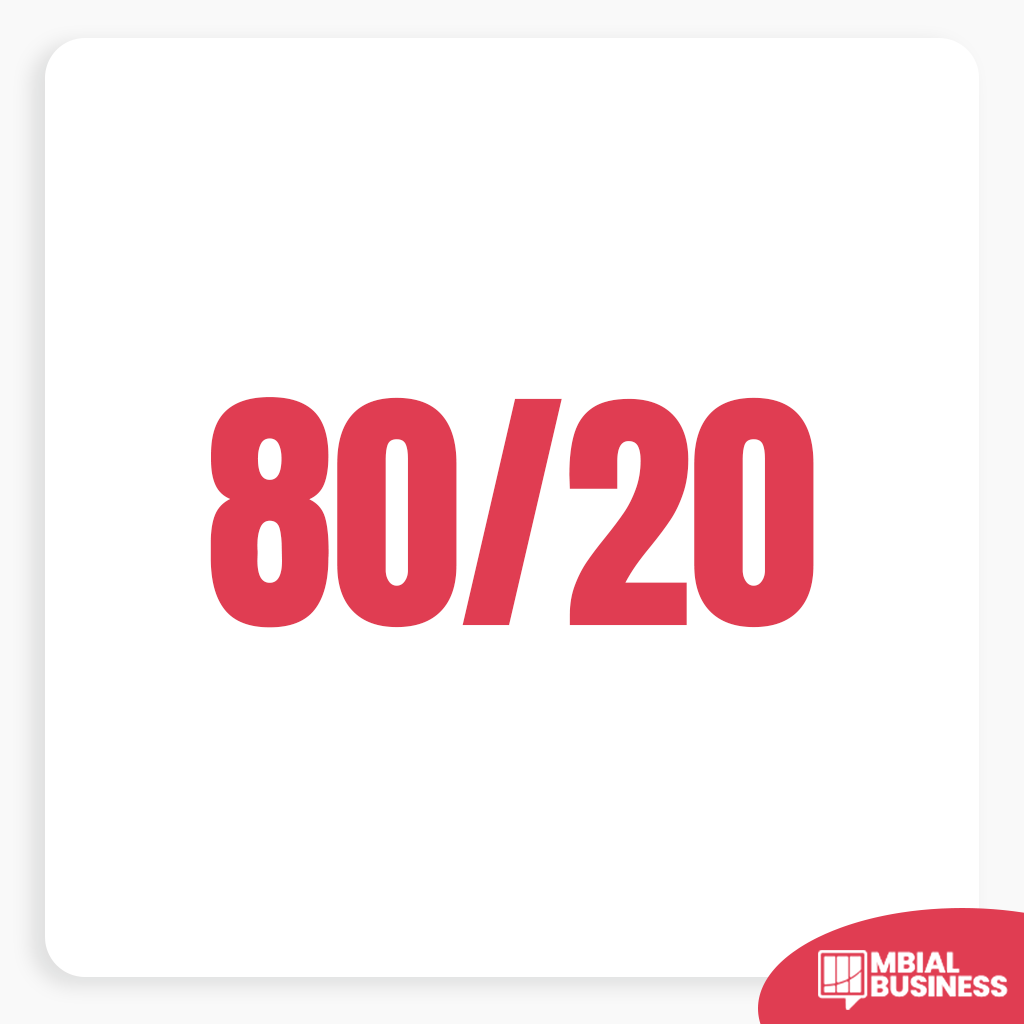
Setting Up Your WooCommerce-Focused Facebook Group:
1. Define Your Niche & Purpose:
- Examples: If you sell sustainable fashion, your group could be “Eco-Chic Style Collective.” If you sell gourmet coffee beans, “The Daily Grind: Coffee Enthusiasts.”
- A clear purpose attracts the right members and guides your content.
2. Choose Your Group Type:
Private Group (Recommended): Members must be approved to join. This fosters exclusivity, encourages deeper sharing, and makes moderation easier. It’s ideal for building a loyal customer community.
Public Group: Anyone can see posts and members. More difficult to control spam and maintain a tight-knit community feel.

3. Optimize Your Group Details:
Name: Clear, memorable, and relevant to your niche.
Description: Clearly state the group’s purpose, what members can expect, and a soft call to action to check out your WooCommerce store.
Cover Photo: Visually appealing and reflective of your brand and the group’s theme.
Rules: Crucial for setting expectations and maintaining order. Post them prominently.
Membership Questions: Use 2-3 questions to screen new members (e.g., “What’s your biggest challenge with [niche]?”, “How did you hear about us?”). This helps filter out spammers and gather insights.
Content Strategies & Engagement Ideas for Driving Sales:
Interactive Posts: Polls & Surveys, Quizzes & Trivia, “This or That” Questions.
Live Videos: Product Demos, Q&A Sessions, Behind-the-Scenes, Live Sales Events.
User-Generated Content (UGC): Encourage sharing, run contests, spotlight members.
Exclusive Content & Offers: Early Access, Group-Exclusive Discounts (with trackable codes), Giveaways & Contests.
Educational & Informative Content: Tips & Tricks, How-to Guides, Share Relevant Blog Posts.
Discussions: Ask open-ended questions, initiate themed threads.
Customer Support (within limits): Allow questions, redirect complex issues.
Designated Promotion Days: Consider specific days for promotional content.
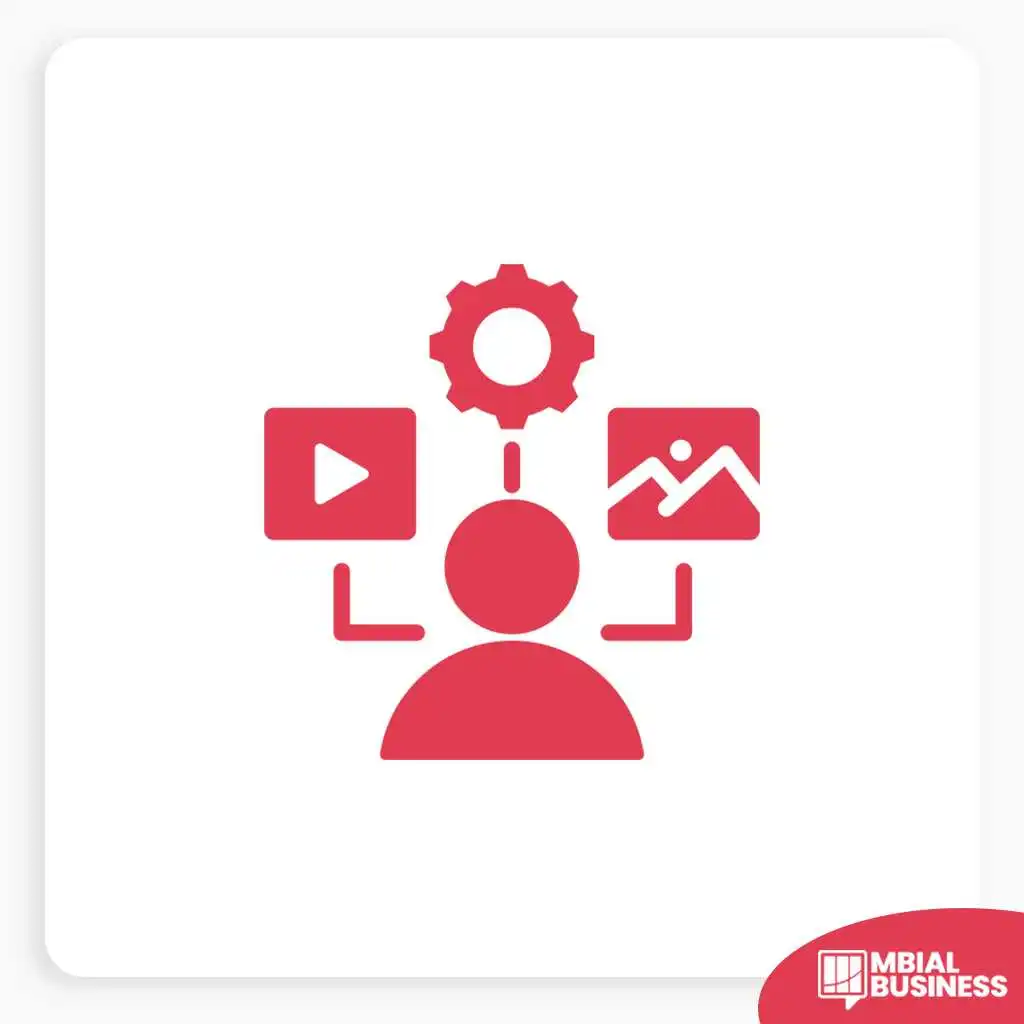
Driving Traffic from Your Group to Your WooCommerce Store:
Value-Driven Links: Include relevant links to your WooCommerce product pages or blog within valuable content (use UTM parameters).
Exclusive Discount Codes: Create unique codes for group members and link to your store.
Live Sales & Demos: Frequently mention and link to products during live sessions.
Call-to-Actions (CTAs): Incorporate soft CTAs in relevant posts.
Shop Tab Integration: Direct members to your Facebook Shop tab.
Promoting Your Facebook Group:
On Your WooCommerce Website: Add prominent links and consider a pop-up invite.
Email Marketing: Include a link in your newsletters and transactional emails.
Other Social Media Channels: Cross-promote your group on your other platforms.
Facebook Ads: Run targeted ads promoting your group (not just products).
Measuring Success:
Facebook Group Insights: Monitor growth, engagement, and top contributors.
WooCommerce Analytics (with UTMs): Track traffic and conversions from group links.
Feedback: Monitor discussions for insights and sentiment.


